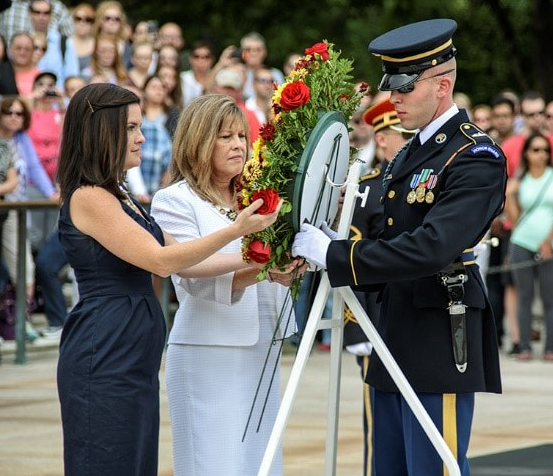As our nation expresses gratitude to its veterans, it is crucial to address the complex challenges they and their families often face beyond their military service. From mental health struggles to healthcare disparities and employment hurdles, understanding and actively addressing these issues are paramount for a society that honors the sacrifices of its service-members.
The Mental Health Struggle
Veterans frequently grapple with mental health issues arising from the unique stressors of military service. The trauma experienced during deployments, exposure to combat, and the challenges of reintegration into civilian life can contribute to conditions like post-traumatic stress disorder (PTSD) and depression. Community awareness, accessible mental health resources, and destigmatisation efforts are essential in supporting veterans on their path to recovery.

Healthcare Disparities
Access to quality healthcare remains a pressing concern for many veterans and their families. Whether due to geographical barriers, long wait times, or insufficient resources, navigating the healthcare system can be a daunting task. Addressing these disparities involves improving the efficiency of the Veterans Health Administration (VA). Hence, enhancing community healthcare partnerships, and advocating for policies that prioritise the well-being of those who served.
Employment Challenges for Veterans
Transitioning from military to civilian life often comes with employment challenges. Retired soldiers may encounter difficulties translating their military skills into marketable qualifications or face biases from employers unfamiliar with the military experience. Collaborative efforts between government agencies, private sectors, and veteran support organisations are vital in creating pathways for veterans to secure meaningful and sustainable employment opportunities.
Tackling Homelessness Among Veterans
Moreover, homelessness is an alarming issue within the veteran community. Factors like mental health struggles, unemployment, and a lack of adequate support systems contribute to this problem. Comprehensive initiatives that combine housing assistance, mental health services, and employment support can address the root causes of veteran homelessness and work towards ensuring stable living conditions for those who have served.
Family Support and Reintegration
In addition, veterans’ families play a crucial role in their reintegration into civilian life. However, they too face unique challenges, from coping with the effects of a loved one’s deployment to adapting to changed family dynamics. Support programs focusing on family resilience, counseling services, and community integration can contribute to the holistic well-being of both veterans and their families.
Substance Abuse and Addiction
Veterans may turn to substance abuse as a coping mechanism for the challenges they face. Substance abuse often coexists with mental health issues, creating a complex cycle of dependency. Integrated support systems that address both mental health and substance abuse, alongside community-based rehabilitation programs, can aid veterans in overcoming these challenges and achieving sustained recovery.
Suicide Prevention and Awareness
Tragically, veterans are at a higher risk of suicide than the general population. Advocacy for increased mental health resources, reducing stigma, and fostering a culture of open communication is crucial. Communities must actively engage in suicide prevention efforts. Therefore, providing not only resources for those struggling but also promoting an environment where seeking help is encouraged and supported.
Advocacy and Legislative Solutions
Addressing veterans’ issues requires a comprehensive approach involving both grassroots advocacy and legislative action. Communities can actively support veteran-friendly policies, such as mental health funding, veteran hiring initiatives, and healthcare reform. By engaging in dialogue with elected officials, communities can contribute to the development of effective and sustainable solutions.
Conclusion
In conclusion, addressing veterans’ issues goes beyond expressing gratitude; it involves active engagement, understanding, and the implementation of practical solutions. By acknowledging and tackling mental health challenges, healthcare disparities, employment hurdles, and other concerns, communities can genuinely honor the sacrifices of veterans, ensuring their successful reintegration into civilian life.











